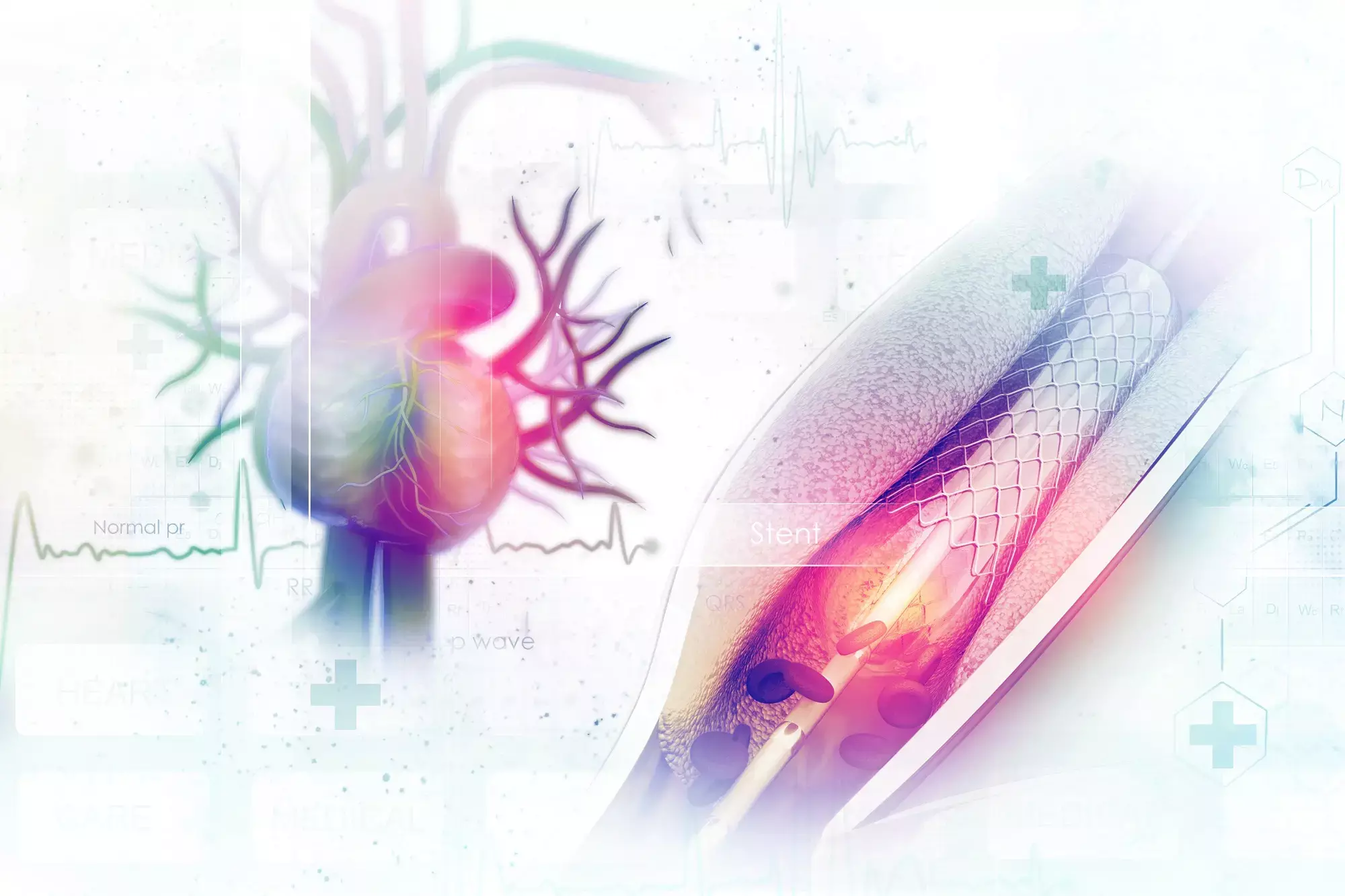- Home
- Medical news & Guidelines
- Anesthesiology
- Cardiology and CTVS
- Critical Care
- Dentistry
- Dermatology
- Diabetes and Endocrinology
- ENT
- Gastroenterology
- Medicine
- Nephrology
- Neurology
- Obstretics-Gynaecology
- Oncology
- Ophthalmology
- Orthopaedics
- Pediatrics-Neonatology
- Psychiatry
- Pulmonology
- Radiology
- Surgery
- Urology
- Laboratory Medicine
- Diet
- Nursing
- Paramedical
- Physiotherapy
- Health news
- Fact Check
- Bone Health Fact Check
- Brain Health Fact Check
- Cancer Related Fact Check
- Child Care Fact Check
- Dental and oral health fact check
- Diabetes and metabolic health fact check
- Diet and Nutrition Fact Check
- Eye and ENT Care Fact Check
- Fitness fact check
- Gut health fact check
- Heart health fact check
- Kidney health fact check
- Medical education fact check
- Men's health fact check
- Respiratory fact check
- Skin and hair care fact check
- Vaccine and Immunization fact check
- Women's health fact check
- AYUSH
- State News
- Andaman and Nicobar Islands
- Andhra Pradesh
- Arunachal Pradesh
- Assam
- Bihar
- Chandigarh
- Chattisgarh
- Dadra and Nagar Haveli
- Daman and Diu
- Delhi
- Goa
- Gujarat
- Haryana
- Himachal Pradesh
- Jammu & Kashmir
- Jharkhand
- Karnataka
- Kerala
- Ladakh
- Lakshadweep
- Madhya Pradesh
- Maharashtra
- Manipur
- Meghalaya
- Mizoram
- Nagaland
- Odisha
- Puducherry
- Punjab
- Rajasthan
- Sikkim
- Tamil Nadu
- Telangana
- Tripura
- Uttar Pradesh
- Uttrakhand
- West Bengal
- Medical Education
- Industry
CABG Offers Superior Outcomes Over PCI in High-Risk NSTEMI Patients, reveals research

Researchers have reported better long-term results of coronary artery bypass grafting (CABG) than of percutaneous coronary intervention (PCI) in patients with non-ST-segment elevation myocardial infarction (NSTEMI) and multivessel disease, especially in the high-risk subgroups. A recent study was conducted by Elmir O. and colleagues which was published in the European Heart Journal.
The participants were NSTEMI patients treated with multivessel disease from January 2005 and June 2022. Of the 57,097 participants, 42,190 (73.9%) were subjected to PCI, and 14,907 (26.1%) were given CABG. All-cause mortality was evaluated as the first and secondary endpoint and included outcomes such as MI, stroke, new revascularization, and heart failure. Controlling confounding variables used multilevel logistic regression and instrumental variable methods in the analysis.
Patients who underwent PCI were older and had a history of more prior cardiovascular events, whereas CABG patients were more likely to have diabetes, hypertension, left main or three-vessel disease, and reduced ejection fraction.
Key Findings
• Mortality Risk: PCI was associated with a 67% higher risk of death compared to CABG (adjusted odds ratio [aOR] 1.67; 95% confidence interval [CI] 1.54–1.81).
• Myocardial Infarction: Patients who underwent PCI had a 51% increased risk of MI (aOR 1.51; 95% CI 1.41–1.62).
• Stroke: No significant difference in stroke risk was observed between PCI and CABG.
• Repeat Revascularization: Patients who underwent PCI were three times more likely to require repeat revascularization (aOR 3.01; 95% CI 2.57–3.51).
• Heart Failure: CABG was associated with a 15% reduced risk of heart failure (aOR 1.15; 95% CI 1.07–1.25).
• Survival Benefit: CABG conferred longer survival, especially in patients under 70 years of age, or in the presence of left main disease, or with left ventricular dysfunction. This survival benefit was abated in patients with poorer survival probabilities.
Although a superior long-term outcome exists for CABG compared to PCI in patients with multivessel disease and NSTEMI, this comes at the expense of losing the survival advantage in severely ill or high-risk subjects with reduced life expectancy and thus should be used carefully in clinical practice.
Reference:
Omerovic, E., Råmunddal, T., Petursson, P., Angerås, O., Rawshani, A., Jha, S., Skoglund, K., Mohammad, M. A., Persson, J., Alfredsson, J., Hofmann, R., Jernberg, T., Fröbert, O., Jeppsson, A., Hansson, E. C., Dellgren, G., Erlinge, D., & Redfors, B. (2024). Percutaneous vs. surgical revascularization of non-ST-segment elevation myocardial infarction with multivessel disease: the SWEDEHEART registry. European Heart Journal, ehae700. https://doi.org/10.1093/eurheartj/ehae700
Dr Riya Dave has completed dentistry from Gujarat University in 2022. She is a dentist and accomplished medical and scientific writer known for her commitment to bridging the gap between clinical expertise and accessible healthcare information. She has been actively involved in writing blogs related to health and wellness.
Dr Kamal Kant Kohli-MBBS, DTCD- a chest specialist with more than 30 years of practice and a flair for writing clinical articles, Dr Kamal Kant Kohli joined Medical Dialogues as a Chief Editor of Medical News. Besides writing articles, as an editor, he proofreads and verifies all the medical content published on Medical Dialogues including those coming from journals, studies,medical conferences,guidelines etc. Email: drkohli@medicaldialogues.in. Contact no. 011-43720751


